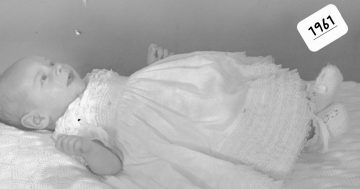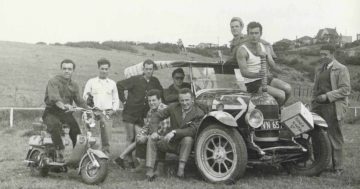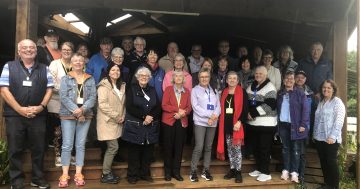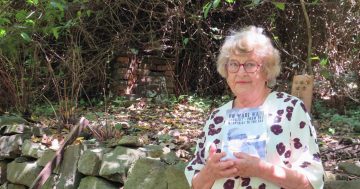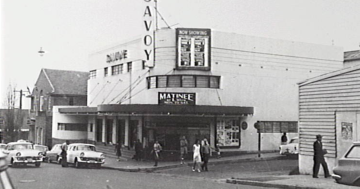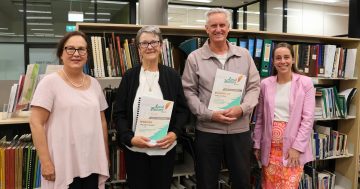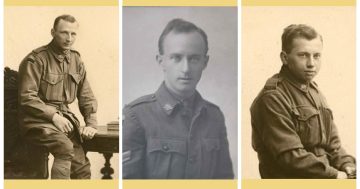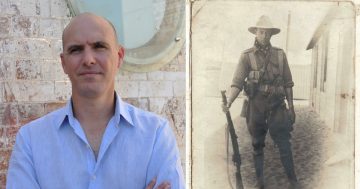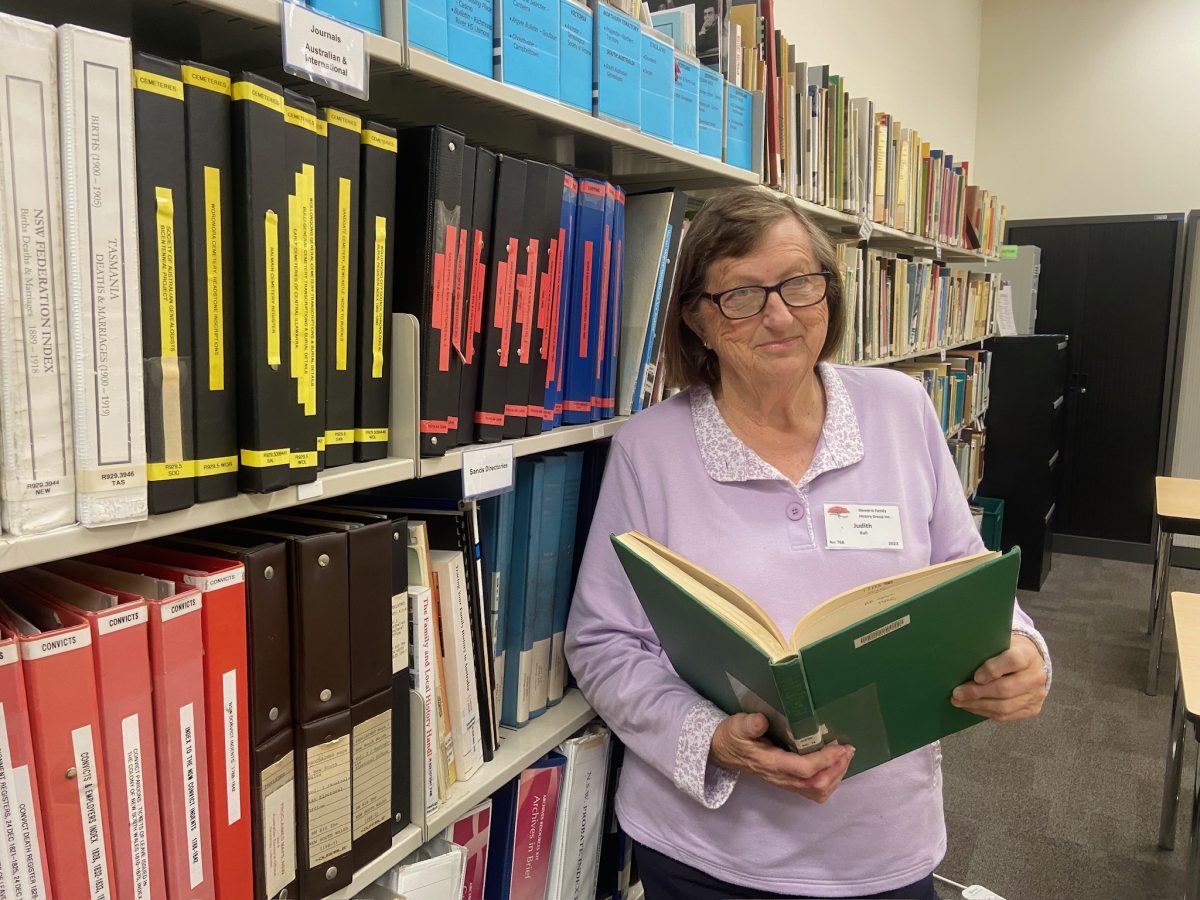
Judy Bull is the president of the Illawarra Family History Group. Photos: Region.
Coledale woman Judy Bull remembers the day she saw it – a petition from 1837 against her Irish ancestor’s seven-year sentence in Australia, which she had uncovered in the Dublin Archives.
She had learned some time earlier that her great, great grandfather Edward had been charged with “stripping a sheep of one and a half pounds of wool”, but in that moment, she felt connected to his reality.
“I still have that image in my mind, sitting there in that archive on that rather glum afternoon, looking at this document and contemplating what it meant,” she says.
“I knew the petition had ultimately been knocked back or I wouldn’t be here. But it was different seeing it in the flesh.”
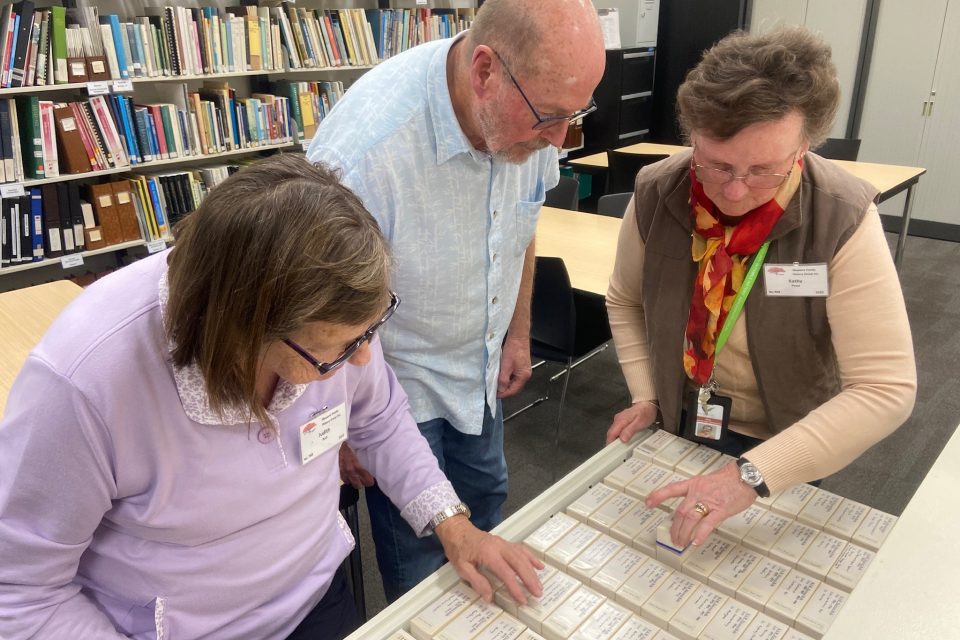
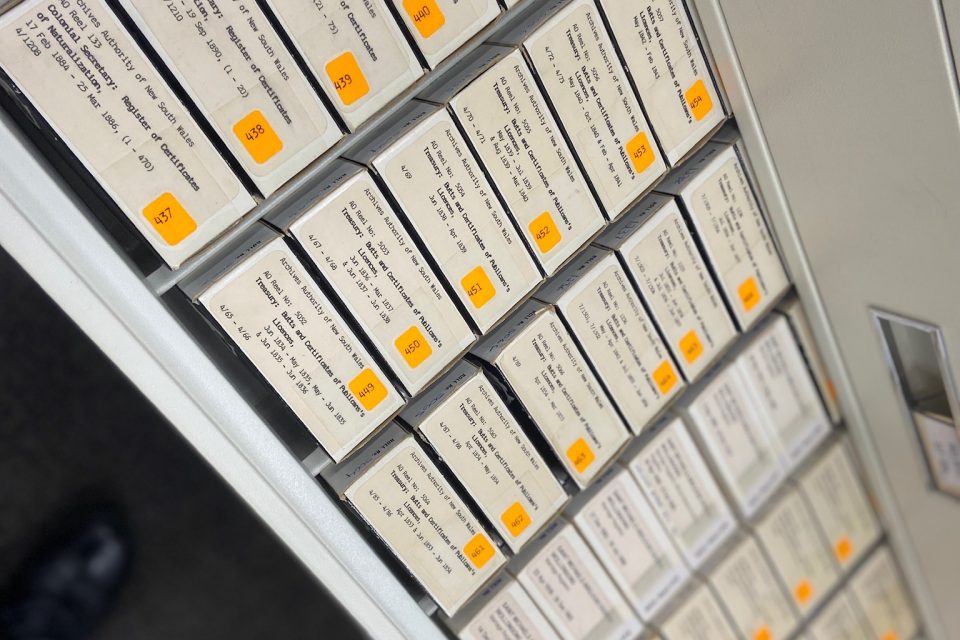
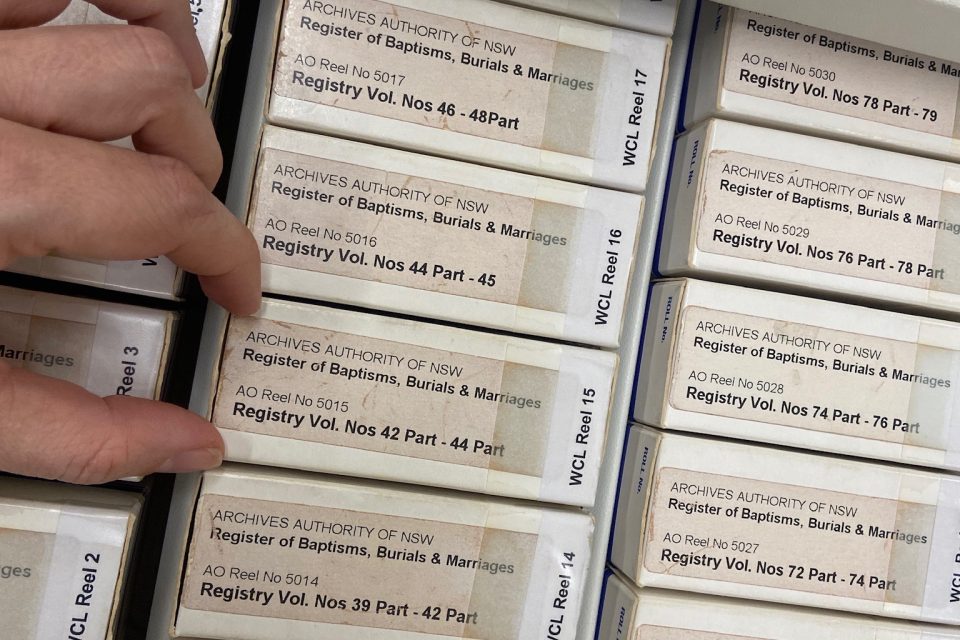
Edward claimed he was innocent; that someone else did it and blamed him. His lawyer had written up an appeal stating this, and that he had several people dependent on his support.
“He was only 20 so I’m thinking his dependents at the time were younger siblings,” Judy says.
“There were nine signatures at the bottom from people who were obviously testifying to his good character, and some official had written a comment on the back – ‘Manifestly forgery’.
“Another had written, ‘The law must take its course’. In other words, he was out of there.”
In those days, whether they’d stolen a loaf of bread or were hardened criminals, Irish convicts were sent to Australia for seven, 14 or life. But according to Judy, the sentence mattered little.
“In most cases it was a life sentence anyway because very few had the means of getting back again,” she says. “So that’s it, he was gone.”
Between 1847 and 1850 more than 4000 girls were brought to Australia from overflowing Irish workhouses, as part of an official scheme to help balance the ratios of male to female settlers. Among them was a young woman named Margaret, who eventually married Edward and went on to have nine children. The eldest was Judy’s great grandfather.
Generations later, their stories come to life in Judy’s mind – that’s the power of family history.
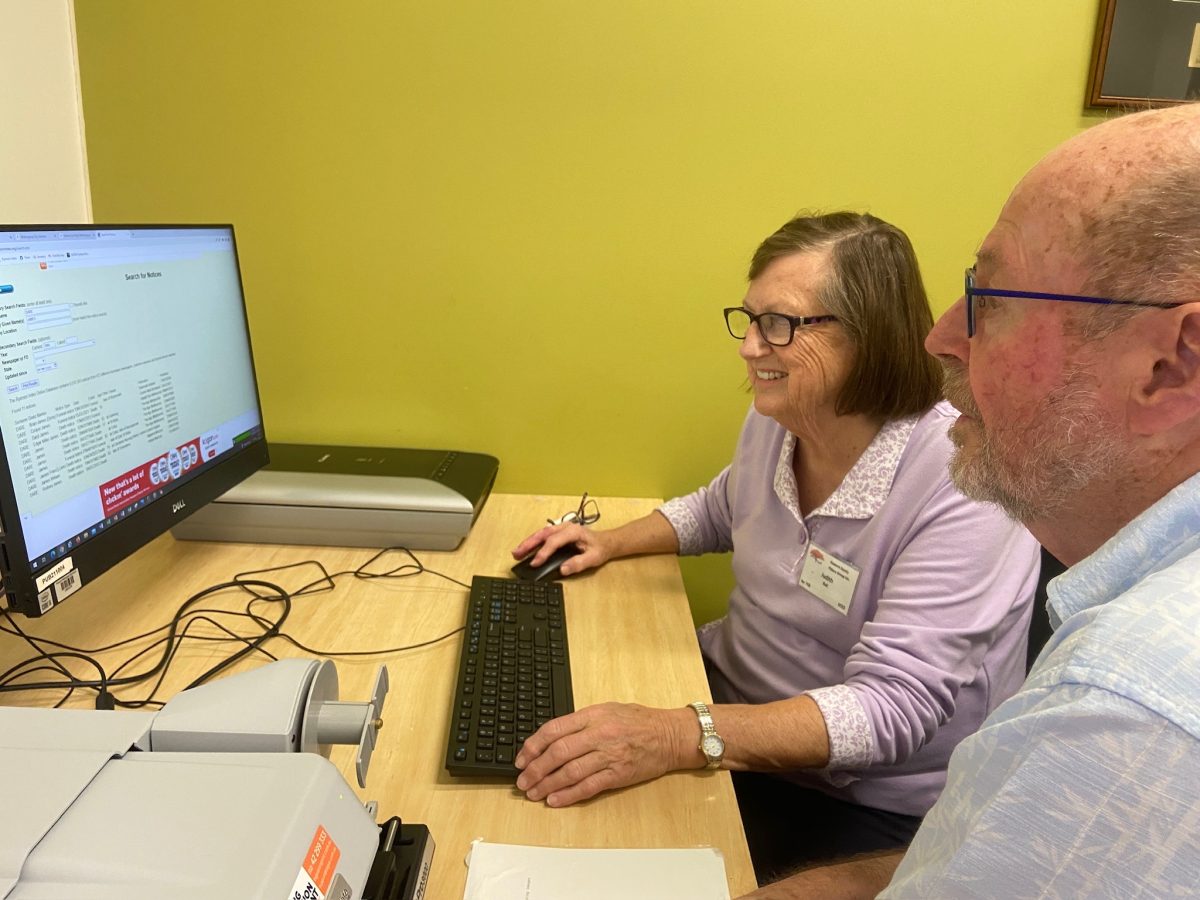
Wollongong Library has access to commercial databases including Ancestry.com, and members of the IFHG can offer the public guidance on how to navigate it.
Now the president of the Illawarra Family History Group (IFHG), Judy is part of a cohort of skilled history buffs helping other Illawarra locals dig up their own family stories.
The group was established in 1984.
“Prior to 1988 if you had a convict in the family, you didn’t talk about it,” Judy says.
“But from 1988 with the bicentenary of the European arrival, you had a whole new interest in history.”
For almost four decades group members have honed their investigative skills and are now passing that know-how on to members of the public as part of an agreement with Wollongong Library, which houses their materials and hosts their monthly member meetings in exchange for their services to the community.
Twice a week, IFHG volunteers are stationed at the library to take people through the various tools available to them, such as its Ancestry.com and FindMyPast.com subscriptions.
Judy says it’s addictive.
“At one of our meetings recently a lady had written an entire book on her family history, and it had all started when she was going through her late father’s papers, came across her grandfather’s birth certificate and noticed he had a different surname,” Judy says.
“That one curious anomaly led her down the rabbit hole and I thought – ‘Yep, that’ll do it’. You get hooked.”
Meet the Illawarra Family History Group volunteers at Wollongong City Library from 9:30 am to noon on Wednesdays and Fridays, or visit Illawarra Family History Group for more information including membership.









